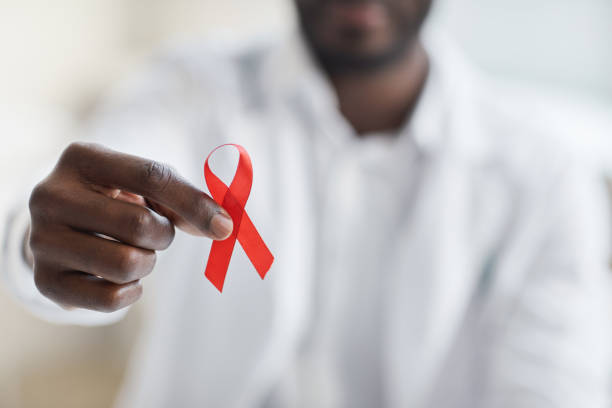Discovering The Mysteries Of HIV The Virus

HIV (Human Immunodeficiency Virus) is the most significant global health issue and has more than 37 million living with the disease, according to estimates by WHO in 2021. Despite several advancements within the field of medicine, HIV still remains a fatal virus that spreads through the body and gradually damages the immune system of the host. It is a virus that is plagued by a myriad of myths and misconceptions that have to be debunked. This blog will take you deep inside the HIV world, and will provide the key elements.
What is HIV?
HIV affects the immune system, making it weaker, which alters the ability to fight infections and diseases. The virus targets the CD4 (T) cells, which are crucial for the immune system's. They die. When the CD4 cell count in the body drops to a predetermined limit, it makes the person more vulnerable to infection and illness. When you want to learn detailed information on HIV, you have to browse around here aids2010 website.
What is the process by which HIV propagate?
HIV is spread through the exchange of body fluids, including blood, semen, vaginal secretions and the breast milk. It is passed between people through unprotected sexual contact, sharing needles and the syringes of an affected person, from mother to child when pregnant, during childbirth or breastfeeding, and through blood transfusions (rarely nowadays due to rigorous screening processes).
HIV Symptoms
The initial signs of HIV may be like flu-like symptoms, and difficult to distinguish. Common symptoms include fatigue, headaches, muscular tension, a sore throat and enlarged lymph glands. If your immune system is severely compromised, symptoms can include weight loss, diarrhea long-term, dementia and other opportunistic illnesses.
Prevention and Treatment
At present, there's no cure available for HIV However, a variety of treatments aid in controlling the virus and prevent its progression. Antiretroviral treatment (ART) can be described as the standard treatment that is used to stop the spread of the virus and enhance the overall health of the immune system. It involves the use of several different medicines that must be used in a timely and regular manner throughout the course of your all of.
To prevent HIV transmission, it's vital to maintain safe sex and use condoms regularly, avoid sharing needles and needles, and choose regularly scheduled HIV testing and counselling. The early diagnosis and treatment is essential in preventing the progress of the virus, as well as reducing complications, and improving the health of the.
Myths and misperceptions
HIV is often surrounded by false beliefs and myths which can lead to discrimination and stigma of those who suffer from HIV. The most common myth is that HIV spreads through simple contact such as kissing, hugging or sharing food. However, HIV cannot spread in these ways or through stigmatizing individuals infected with HIV can worsen their mental and physical health.
HIV Global Status
Despite numerous attempts to limit the spreading in HIV, HIV still remains an important health problem for the public across the globe. As of 2021, 1.5 million people worldwide were newly infected with HIV, and there were 820,000 deaths caused by AIDS-related diseases. HIV is a threat to vulnerable populations including transgender individuals as well as men who've been in a relationship with males, sexworkers, and those who take substances. In order to curb HIV spreading, the structural socioeconomic, and economic factors must be addressed.
Conclusions
HIV is a significant public health issue in the world. Being aware of the major characteristics of the virus will assist you in stopping the spread of the virus and efficiently manage it. Practicing safe sex, regular HIV testing, and early diagnosis and treatment are integral to preventing HIV progress and improving the quality of life for people suffering from HIV. Debunking myths and misunderstandings about HIV is important for reducing the stigmatization and discrimination faced by those with HIV. All of us must do our part in creating a world without HIV and removing the negative impact of the virus worldwide.